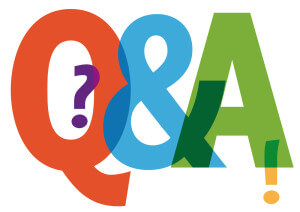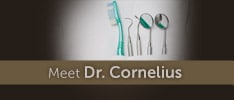 Have you ever been told to stop grinding your teeth? Do you notice in the morning that your teeth and jaws feel quite sore? You may be suffering from a dental disorder called bruxism. Fortunately, by recognizing bruxism early, we can offer preventive treatment to help you avoid serious physical damage that will then require restorative care. Not sure how to identify bruxism? We always suggest that you schedule a visit with us for a thorough, accurate examination and diagnosis. In the meantime, however, we are happy to provide you with answers to common questions about bruxism symptoms.
Have you ever been told to stop grinding your teeth? Do you notice in the morning that your teeth and jaws feel quite sore? You may be suffering from a dental disorder called bruxism. Fortunately, by recognizing bruxism early, we can offer preventive treatment to help you avoid serious physical damage that will then require restorative care. Not sure how to identify bruxism? We always suggest that you schedule a visit with us for a thorough, accurate examination and diagnosis. In the meantime, however, we are happy to provide you with answers to common questions about bruxism symptoms.
Questions and Answers About Bruxism Symptoms
Question: What are the main bruxism symptoms that I should look for if I think I may need to schedule a visit to protect my smile?
Answer: First and foremost, if you suspect you are grinding your teeth or clenching your teeth, these are main indicators that you’re suffering from bruxism. Common symptoms to consider include tooth surfaces that appear worn down, extremely sensitive teeth, jaws that feel sore or tired, discomfort in your facial area, and mild chronic headaches.
Question: Are there any less common symptoms associated with bruxism?
Answer: You may suffer from bruxism symptoms that don’t seem quite as obvious, such as earaches, having difficulty moving your jaw, or ringing in your ears.
Question: What if I don’t ever notice any bruxism symptoms on my own? Will I end up suffering from significant damage?
Answer: Fortunately, as long as you schedule your six-month dental checkups with us, you don’t need to worry about bruxism going unnoticed. It’s possible that you may make note of symptoms between visits – however, we will ask questions and thoroughly examine your smile during each appointment, so we can identify and treat the concern right away.






